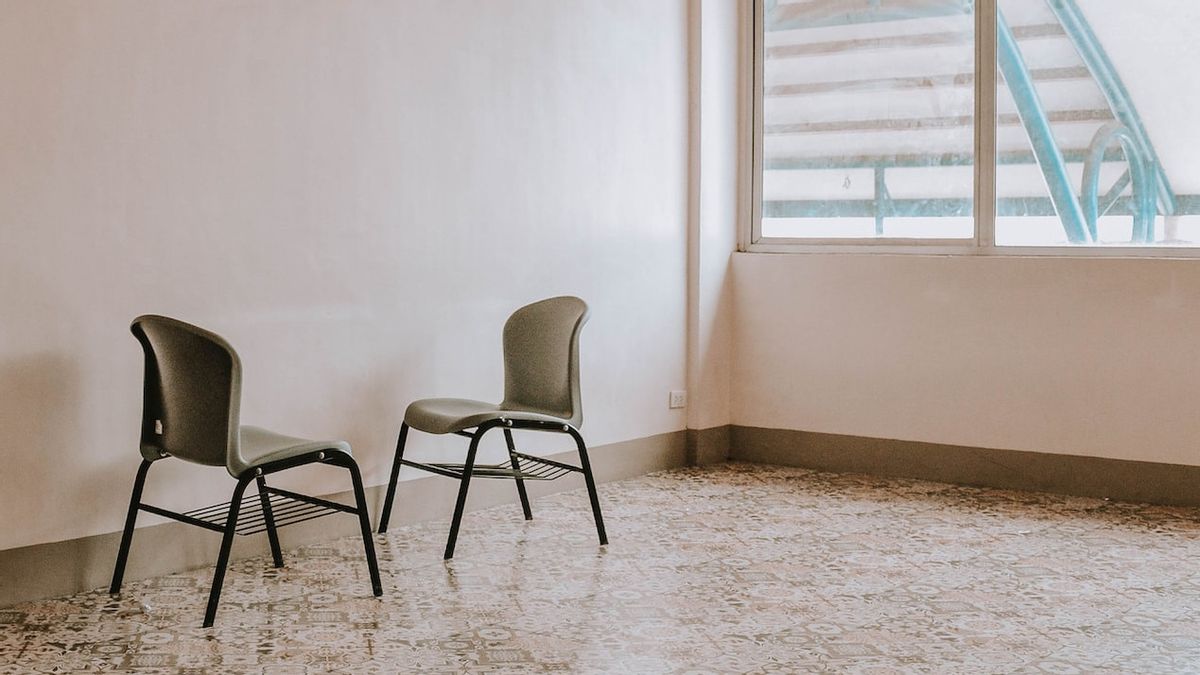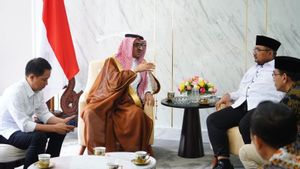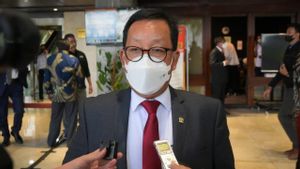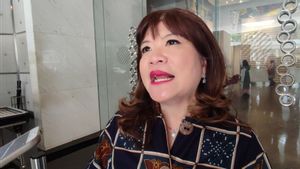JAKARTA - Central Java Governor Ganjar Pranowo's Virtual School Program in 2020 will be effective in reducing school dropouts. This virtual school program is prepared for poor families and disabled children.
The Central Java Province Education and Culture Office also provides free internet devices and credit to students participating in virtual schools.
"What distinguishes it from regular schools, the time for virtual school teaching and learning activities is flexible. It adjusts to the condition of students," said Head of the Central Java Education Office, Uswatun Hasanah, Wednesday, June 14.
This program was designed in 2019 to address school dropouts in sub-districts in Central Java that do not yet have public high school or vocational facilities or called blank spot areas.
"The concept is to accommodate children in blank spot areas, especially from poor and disabled families who do not pass the regular PPDB (New Student Admissions)," he added.
For starters, the Central Java Provincial Government opened Virtual Schools at SMAN 1 Kemusu, Boyolali and SMAN 3 Brebes in 2020 with each school receiving a quota of one study group (Rombel) containing 36 students and students.
"In May 2023, we have graduated from the first batch of virtual schools," he continued.
This year, his party expanded the reach of virtual schools in all blank spot areas spread across Central Java. The relevant agencies at the district/city level immediately socialized the program.
Technically, prospective virtual school participants can contact the nearest public high school to register for the program. If the minimum quota, namely 30 participants are met, the class can be opened. However, if it is not sufficient, the school will coordinate with other schools to meet the minimum quota.
According to Uswatun, in addition to economic problems, Virtual School participants are also constrained by time if they have to take regular school lessons. There is also a group of disabled children whose mobility is limited. For this reason, in addition to 70 percent done online, the implementation time of KBM is also in the afternoon and evening.
"Children, in the morning and evening, generally they work to help the family's economy. So we open classes in the afternoon and evening," he added.
Asked about the KBM support facilities, Uswatun explained that each participant of the Virtual School was given a smartphone in the form of a smartphone, provided with internet credit assistance every month. Regarding the cost of procuring internet devices and credit, it was taken from zakat funds managed by the Zakat Collection Unit (UPZ) of the Central Java Province Education and Culture Office.
Virtual School participants who have completed their education receive public high school diplomas in accordance with their class affiliates.
اقرأ أيضا:
Central Java Governor Ganjar Pranowo said the initial idea of implementing a Virtual School originated from junior high school graduates who could not continue their education due to costs. In fact, there are some of them who work as laborers.
The concept is so that children can have the opportunity to learn. There are even those who work (workers outside the city) but they still want to go to school, so we make virtual classes. So that accessibility is more comfortable, we accompany and help," he said.
Ganjar also asked virtual students to study diligently, even though they were hit by the economy. For the learning process, they are accompanied from the nearest school from the residential area. If it produces good results, in the future the Central Java Provincial Government will cooperate with universities and expand the reach of Virtual Schools.
The English, Chinese, Japanese, Arabic, and French versions are automatically generated by the AI. So there may still be inaccuracies in translating, please always see Indonesian as our main language. (system supported by DigitalSiber.id)

















